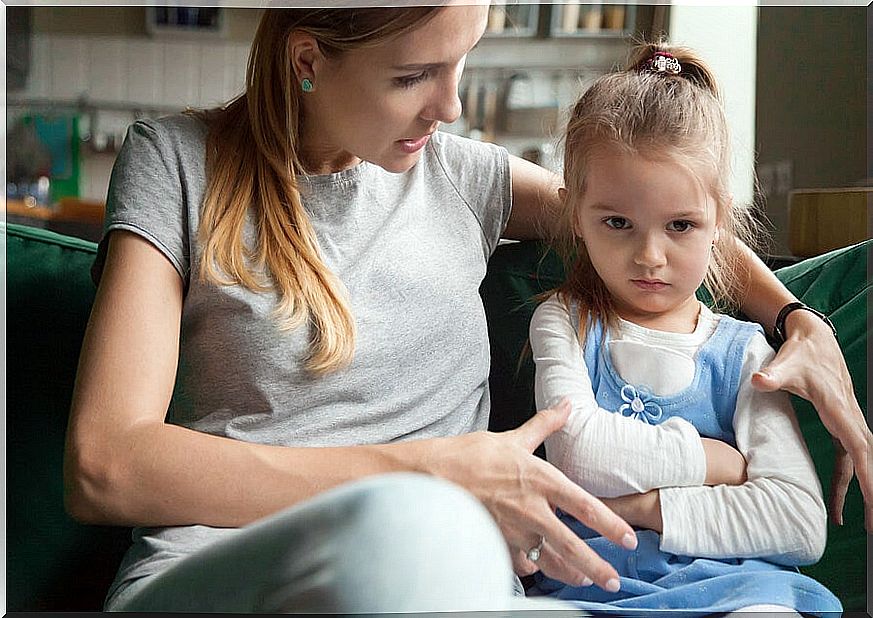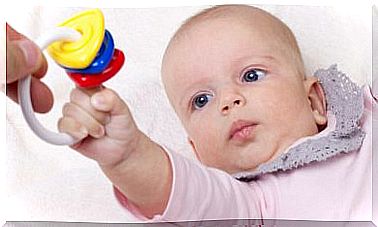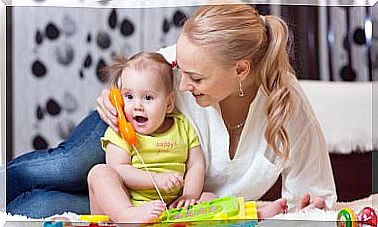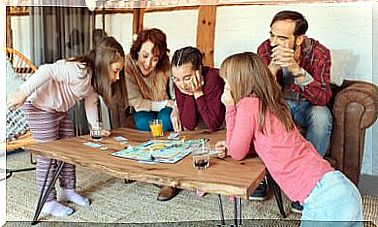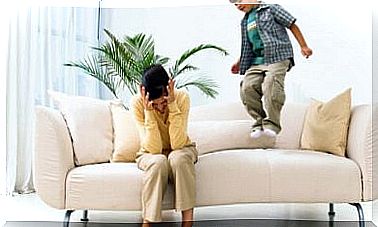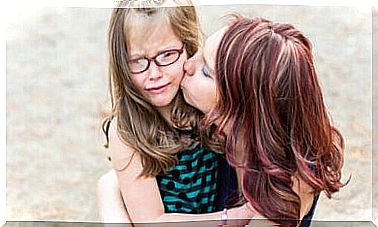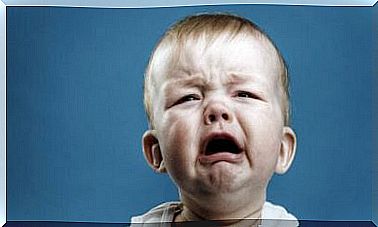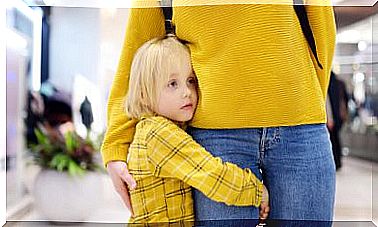Children Who Get Angry About Anything
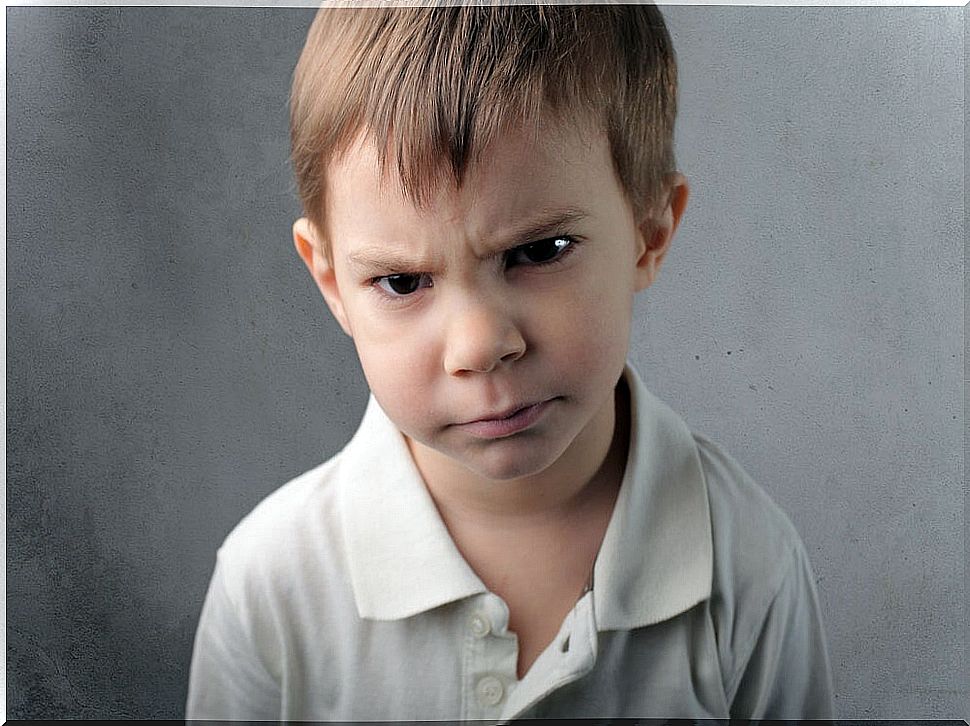
Children who are angry about anything need special attention and care, as this response can hide hidden internal ailments. We will develop this topic further in this article.
Anger
Anger is a basic human emotion that arises in a situation of disagreement with a certain situation. Children are governed by their emotions and all their manifestations are experienced by them with great intensity. In the case of anger, it is not bad for them to feel that emotion. The problem arises when the behavior that generates that anger is harmful or is generalized.
Children who get angry about anything
If we stop to observe carefully, we can find in the previous moments the cause that has generated this reaction. An unexpected response, an unmet need, a caress or attention not received or offered to another, etc., may be the reasons that trigger a new angry reaction in the child.
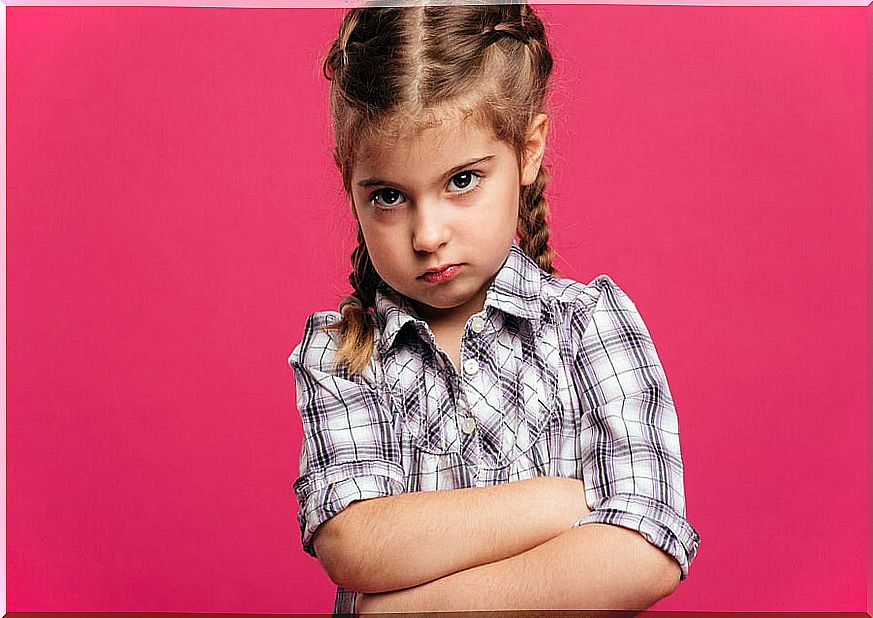
It is very important to pay special attention to these cases, since such continuous anger is not normal or healthy. It will be important that we start, alone or with professional help, a process of analysis of your personal situation to detect what aspects can generate these frustrating responses.
Causes that can lead a child to be continuously angry
There are several possible triggers for these behaviors:
- A current situation of stress : the birth of a brother, a divorce, entering school, exams, etc.
- A continuous (and often normalized) situation of physical or psychological abuse. These experiences provoke two responses in children: learned helplessness or attack. In the latter case, the children express their anger with the people who cause them harm and may even generalize this response to any other situation that they perceive as a threat.
- Situations of abuse or stress experienced by the mother during pregnancy and the first years of parenting. This experience generates in children a reaction of emotional dullness and an automatic response of distrust and attack in the face of possible hostile situations.
- A familiar response pattern based on frustration and anger. Children learn by imitation, adopt the family response pattern and generalize it to situations that cause discomfort.
- Other
It is vitally important for the child to find out what reasons are causing his angry responses and to act accordingly to change the situation.
How We Can Help Children Who Get Angry
To intervene in these cases, it is recommended that the different areas involved in the child’s life (family and school, mainly) implement in a coordinated way a series of responses to accompany the child in the satisfactory resolution of his problem. The main recommendations would be:

- Adopt a calm and respectful attitude. Show him, with his own example, a new alternative answer. Responding to an anger with more anger reinforces the child’s initial response.
- Take an interest in him, his emotions and his personal interpretation of the situation. This will allow us to understand your behavior a little more and offer you emotional support, on many occasions, one of the main causes of these behaviors.
- Offer and encourage him to find healthier and more respectful response alternatives : relaxation and breathing techniques, choosing objects on which to vent his anger, stories that address the issue, etc.
- Make the limits clear : you can express your anger without attacking anyone or destroying anything.
- Encourage his emotional self-awareness : When the child can respond without getting angry, it is important to reinforce his new behavior and have him observe how he feels compared to how he feels when he is angry.
- Observe what situations generate the response to avoid them or, if they occur, offer the agreed alternatives. Little by little, the child will internalize the new responses.
- Encourage your empathy. In cases where children vent their anger by attacking, it is important to work with them so that they can understand how the attacked person feels ( “How do you think X feels now?”, “Does it feel good seeing him like this? ” , Etc.).
Conclution
Intervening in the cases of children who get angry about anything is a crucial issue both to promote the child’s current adaptation to their environment and the tranquility of their families and teachers, as well as to avoid major long-term problems of social and emotional maladjustment.
Acting in this way will provide these children with healthier resources to manage their emotions and satisfactorily solve any problems that may arise in their life. In the face of frustration, anger will no longer be your automatic response and your sanity will pay off.
